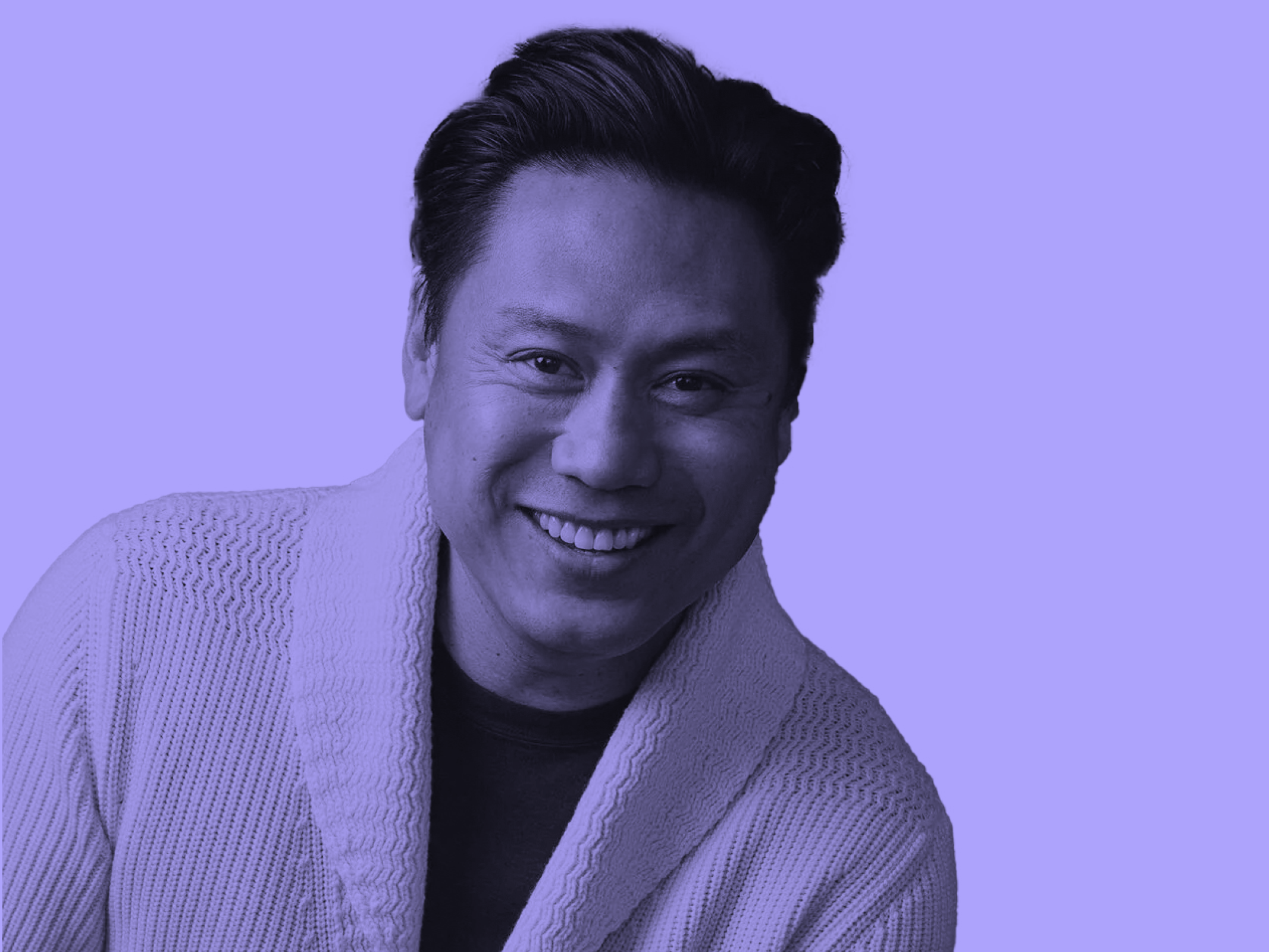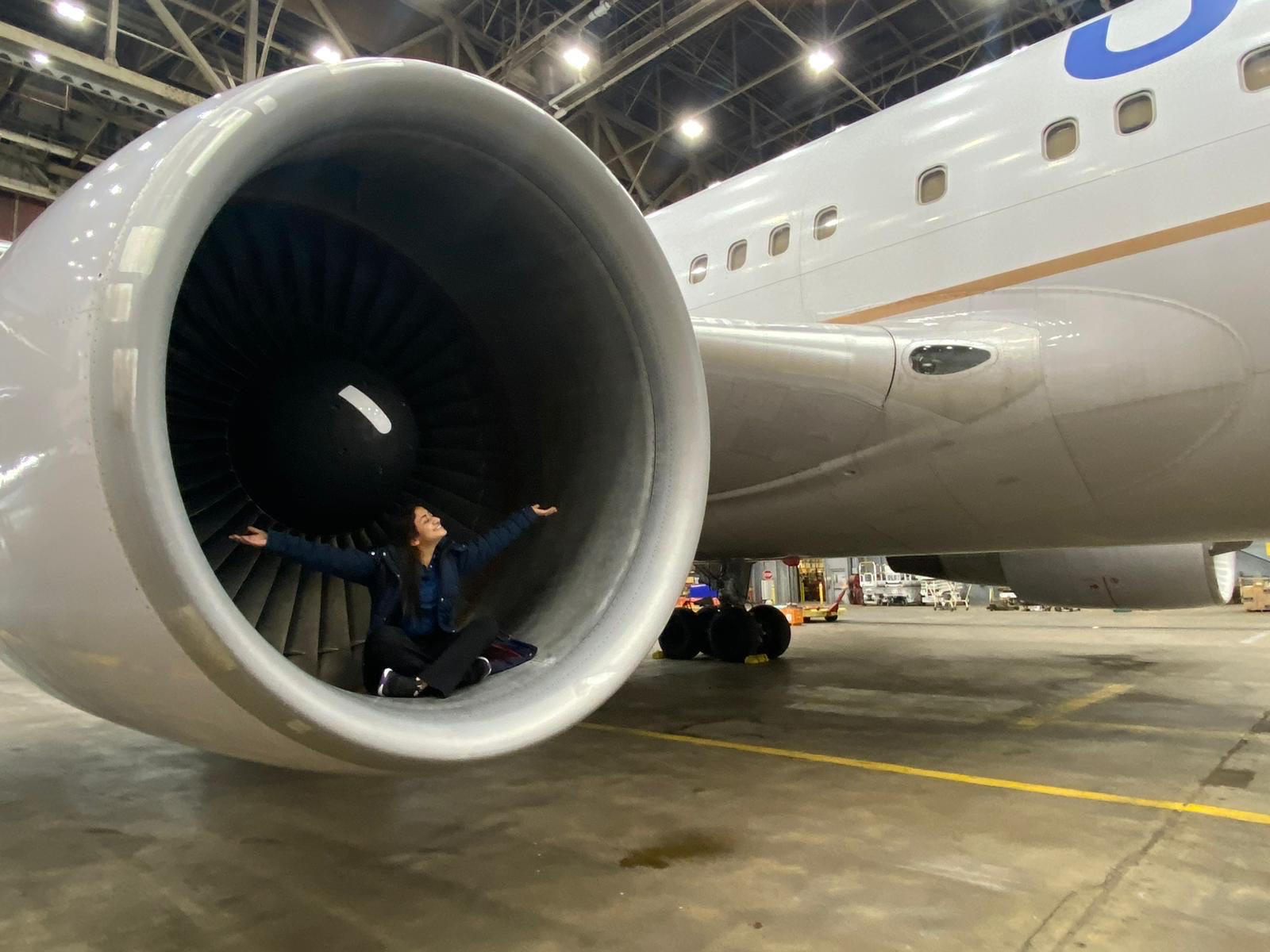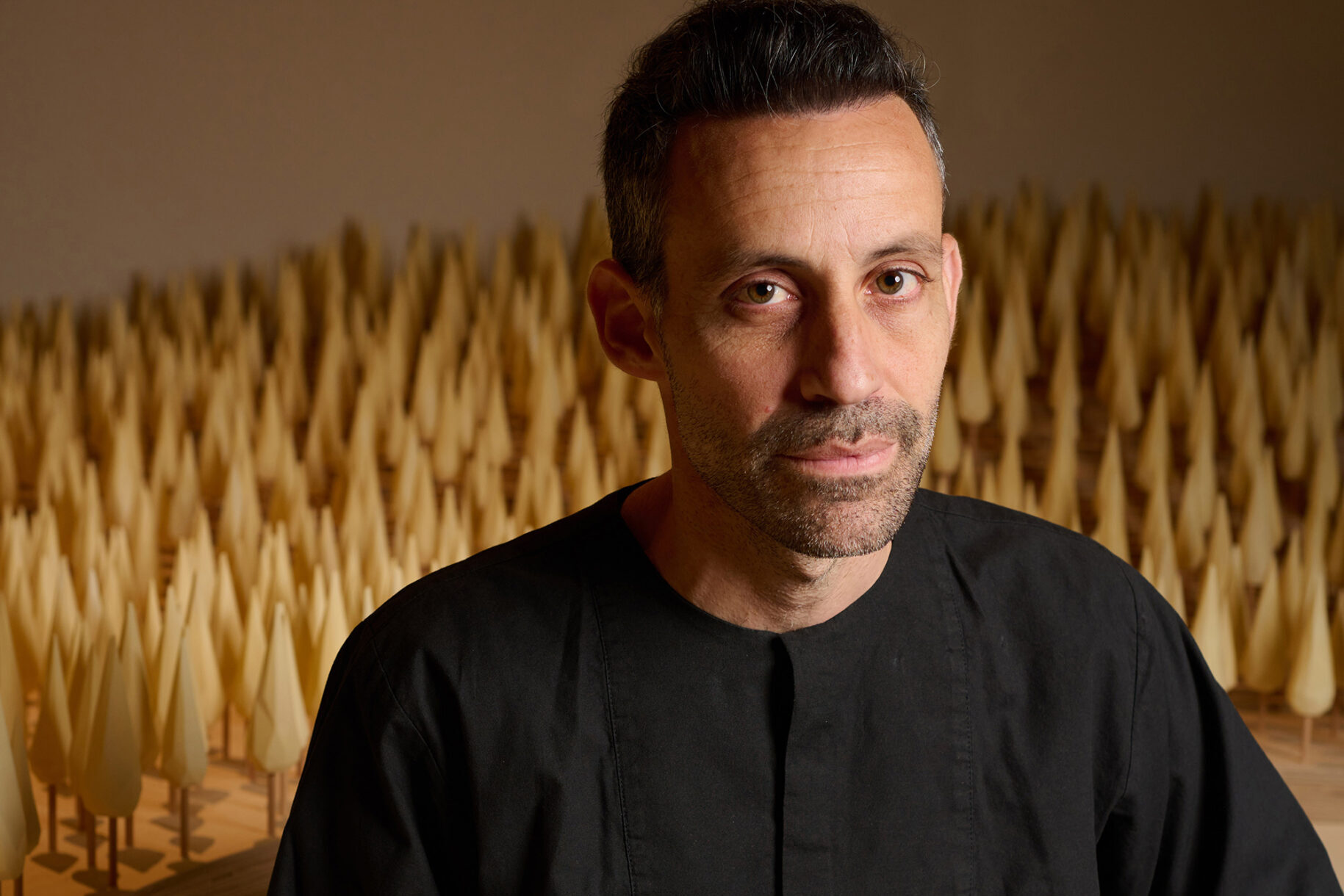
October 12, 2018
How Phillip Nappi Started a Design Business When the Learning Curve was “Everything”
In this limited series, Design Observer features conversations with creatives from the inventive, implacable, cultural melting pot that is Nashville, Tennessee. In her new book Word of Mouth: More Conversations, author Lily Hansen takes conversation with others from chore to professional vocation, and as author and oral historian Studs Terkel put it, talks with creative people “about what they do all day and how they feel about what they do.”
We selected four such conversations—with illustrator Rebecca Green, apparel and shoe designer Phillip Nappi, photographer Jeremy Cowart, and tattoo artist Elisheba Israel—to enlighten us as to what they do, why, and how they found their creative voice within that unique fabric that is the Music City.

Photo by Ron Manville.
All Phillip Nappi ever wanted was to be a shoemaker. The founder of Peter Nappi, a luxury accessories and apparel line located in a former meatpacking warehouse in Nashville, wants his brand to represent humility and hard work. Founded in 2009 and named after his Italian shoemaker grandfather, the space is a community hangout as well as a home to all things fashionable.
Yet Nappi, who craves working with his hands, is hardly pretentious. While he may design and sell high-end boots, he encourages his clients to pair them with jeans and a Hanes T-shirt. Personally, he is happiest when working in his shop, getting grime and dirt under his fingernails. Nappi’s primary mission is to create durable goods that people will wear, stand behind, and feel good about. He believes in grit, being good to others, and treating his place of work like his home.
Why are shoes and apparel your lifelong passion?
My parents passed away when I was a child. Afterwards, I moved to Ohio to live with my Italian family and then relocated to Mississippi. Around that time, I found out that my grandfather, Peter Nappi, who died in the 1950s, had been a shoemaker. I started to research my family lineage and realized we had been making shoes since the 1850s in this tiny region of Italy.
Photos by Gregg Roth, John Moessner, and Amy Hobbs. Image courtesy Dana Nappi.
That’s incredible. Did losing your parents make you more determined to follow your passion?
I was blessed with an innate gift to look at the bright side—even in the midst of tragedy. My mother was born in rural Mississippi in the 1930s to a very poor family. She was the oldest of five kids, and when her father died, she left home at age 16. Can you imagine what that must have been like? Yet, she was always strong, graceful, and had a smile on her face. However, behind that pleasant demeanor was someone you’d never mess with.
Do you ever struggle with confidence as far as your business goes?
Oh sure! One thing I’ve been reading about lately is finding contentment in every situation. While it’s a challenge, I think the key to success is being in the moment. My old recycling business, which I owned for nine years, was a real struggle, but I refused to shut the doors. With Peter Nappi, it’s been difficult, to say the least, to create a brand, sell our products, and learn the backend of an industry that I knew nothing about.
The key to success is being in the moment.
What do you want people to know about you?
Our biggest struggle has been marketing goods with a higher price point. If I could go back in time and sell our boots for $450, and still make a profit, I would in a second. The shoemaking process is subservient in a way. We get on our knees, tie your laces, and touch a part of your body that represents hard work. Aside from the artistry, I could care less about fashion.
.jpg)
Photos by Gregg Roth, John Moessner, and Amy Hobbs. Image courtesy Dana Nappi.
Do you consider yourself more of a businessman or designer?
I definitely still have my entrepreneurial training wheels on. My biggest weakness is discipline and doing certain things on a daily basis. Even though my education is in accounting, I sometimes focus too little on money and too much on having fun in my business.
What’s been the biggest learning curve?
Everything! [Laughs.] When we started, I knew nothing about retail, e-Commerce, manufacturing overseas, and wholesale distribution. This year was really groundbreaking because I realized anything I put my mind to will happen.
If you’re a likable person who likes other people, you can do anything.
What’s your biggest strength?
Cultivating relationships, motivating others, and getting them to believe in the cause. If you’re a likable person who likes other people, you can do anything.

Photos by Gregg Roth, John Moessner, and Amy Hobbs. Image courtesy Dana Nappi.
This interview has been edited for length. Read the full interview in Word of Mouth: More Conversations.
Observed
View all
Observed
By Lily Hansen
Related Posts

Design Juice
Rachel Paese|Interviews
A quieter place: Sound designer Eddie Gandelman on composing a future that allows us to hear ourselves think

Design of Business | Business of Design
Ellen McGirt|Audio
Making Space: Jon M. Chu on Designing Your Own Path

Design Juice
Delaney Rebernik|Interviews
Runway modeler: Airport architect Sameedha Mahajan on sending ever-more people skyward

Sustainability
Delaney Rebernik|Books
Head in the boughs: ‘Designed Forests’ author Dan Handel on the interspecies influences that shape our thickety relationship with nature
Recent Posts
Mine the $3.1T gap: Workplace gender equity is a growth imperative in an era of uncertainty A new alphabet for a shared lived experience Love Letter to a Garden and 20 years of Design Matters with Debbie Millman ‘The conscience of this country’: How filmmakers are documenting resistance in the age of censorshipRelated Posts

Design Juice
Rachel Paese|Interviews
A quieter place: Sound designer Eddie Gandelman on composing a future that allows us to hear ourselves think

Design of Business | Business of Design
Ellen McGirt|Audio
Making Space: Jon M. Chu on Designing Your Own Path

Design Juice
Delaney Rebernik|Interviews
Runway modeler: Airport architect Sameedha Mahajan on sending ever-more people skyward

Sustainability
Delaney Rebernik|Books
